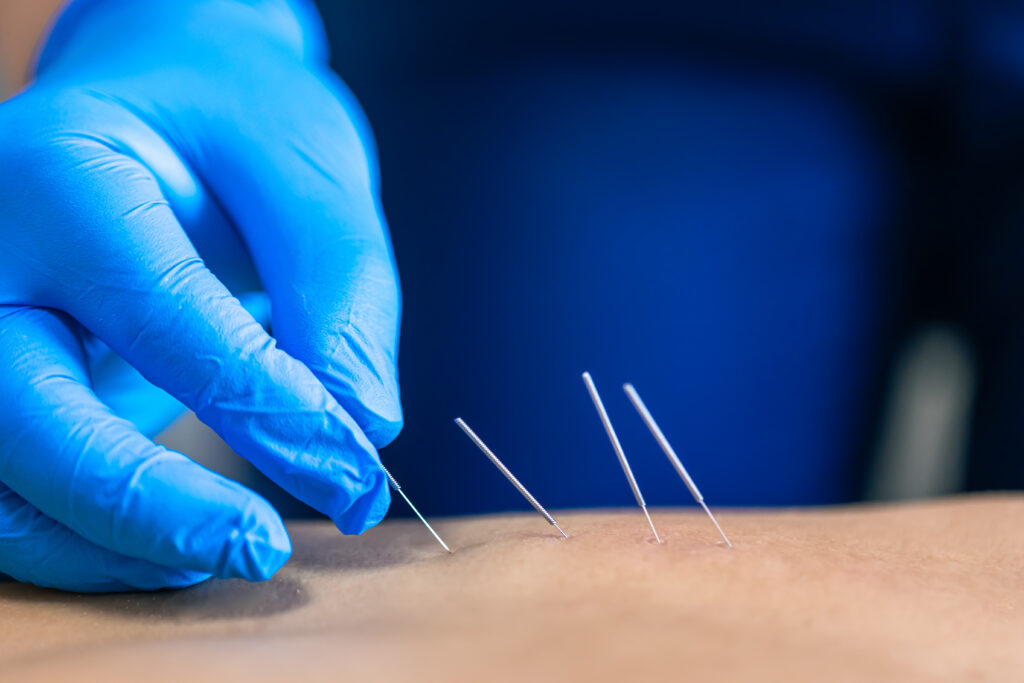
Acupuncture
Acupuncture, a traditional Chinese medical practice, and is renowned for its ability to alleviate pain. Beyond its well-documented effectiveness in addressing musculoskeletal discomfort, such as back pain and headaches. It has also demonstrated significant pain-relieving effects in various other conditions.
One notable area where this technique has shown promise is in the management of migraines and tension headaches. Studies have indicated that regular sessions can lead to a reduction in the frequency, intensity, and duration of migraine attacks. Acupuncture helps modulate pain perception pathways, thus providing relief to individuals suffering from chronic headaches.
Furthermore, acupuncture is beneficial for individuals experiencing neuropathic pain, a type of pain caused by damage or dysfunction of the nervous system. Conditions such as diabetic neuropathy, postherpetic neuralgia (shingles), and peripheral neuropathy often result in persistent pain that can be challenging. However, acupuncture offers a non-invasive approach to managing neuropathic pain by promoting the release of endorphins and other neurotransmitters.
In addition to its role in relieving physical pain, acupuncture has also been recognized for its effectiveness in addressing psychological distress. Anxiety, depression, and stress-related disorders can manifest with physical symptoms such as muscle tension and headaches. Its ability to regulate the body’s stress response and promote relaxation makes it a valuable adjunct therapy for individuals grappling with emotional discomfort. By targeting specific points associated with calming the nervous system, acupuncture sessions can promote a sense of well-being and alleviate both physical and emotional pain.
The pain-relieving effects extend beyond the realm of chronic conditions to include acute pain management as well. For instance, research has shown that acupuncture can be an effective adjunct therapy for postoperative pain control. By stimulating the body’s natural pain-relief mechanisms, acupuncture can help reduce the need for opioid medications, thereby minimizing the risk of dependence and side effects associated with traditional painkillers.
Moreover, acupuncture has gained attention for its potential role in alleviating pain associated with menstrual disorders, such as dysmenorrhea (painful periods) and endometriosis. By targeting specific acupuncture points related to hormone regulation and blood flow, acupuncture can help mitigate menstrual cramps and pelvic pain, offering women a natural alternative or complement to conventional pain management strategies.
The pain-relieving effects extend far beyond its commonly known applications. Whether it’s managing migraines, neuropathic pain, psychological distress, or acute postoperative discomfort, acupuncture offers a holistic approach to pain relief that addresses both the physical and emotional aspects of suffering. As ongoing research continues to unveil the mechanisms underlying acupuncture’s efficacy, it is likely to emerge as an increasingly valuable tool in the comprehensive management of pain and discomfort.
Click here to contact our Office or call 612-730-4091
![AdobeStock_304902871-[Converted] AdobeStock_304902871-[Converted]](https://www.foleychiropractic.net/wp-content/uploads/2018/08/AdobeStock_304902871-Converted-291x300.png)